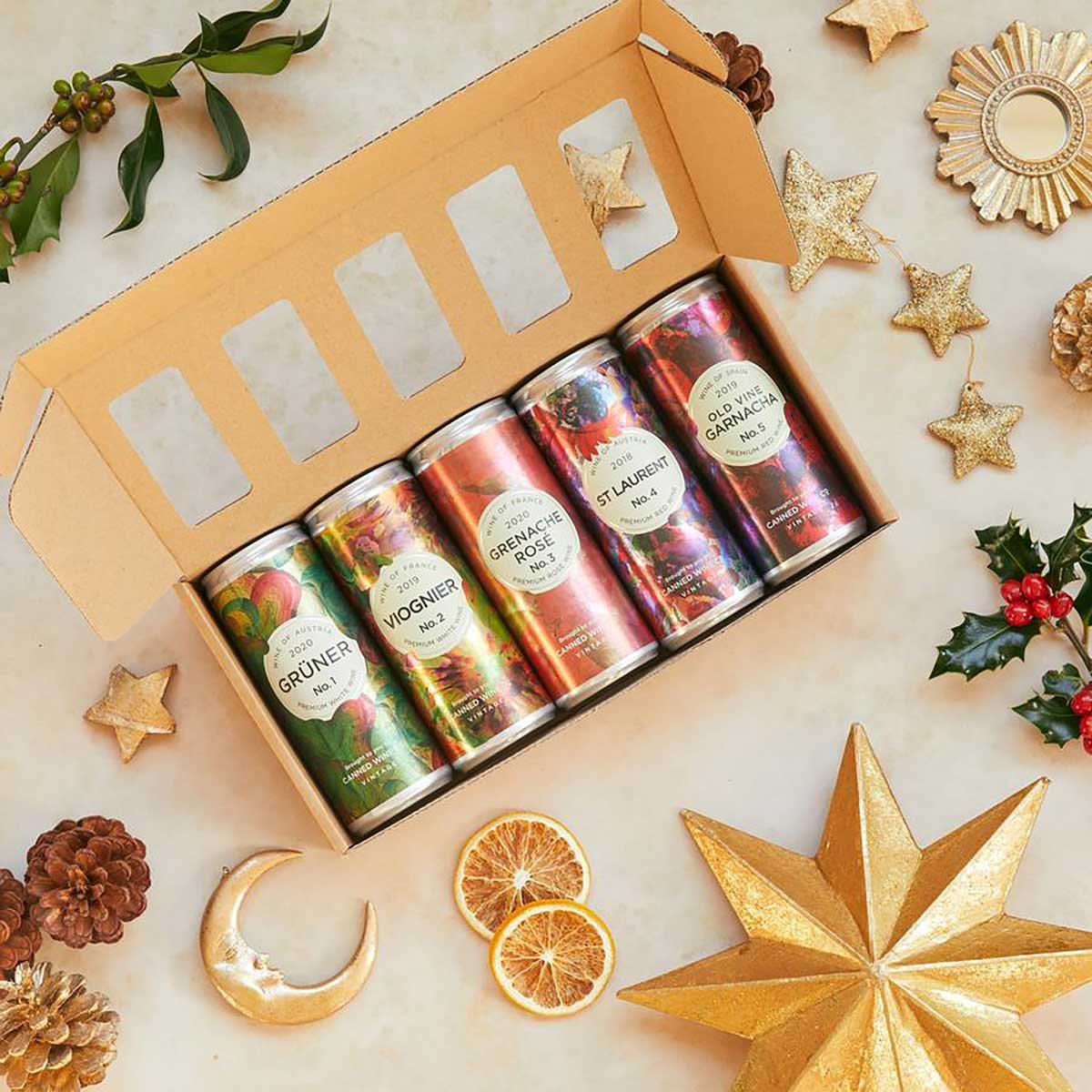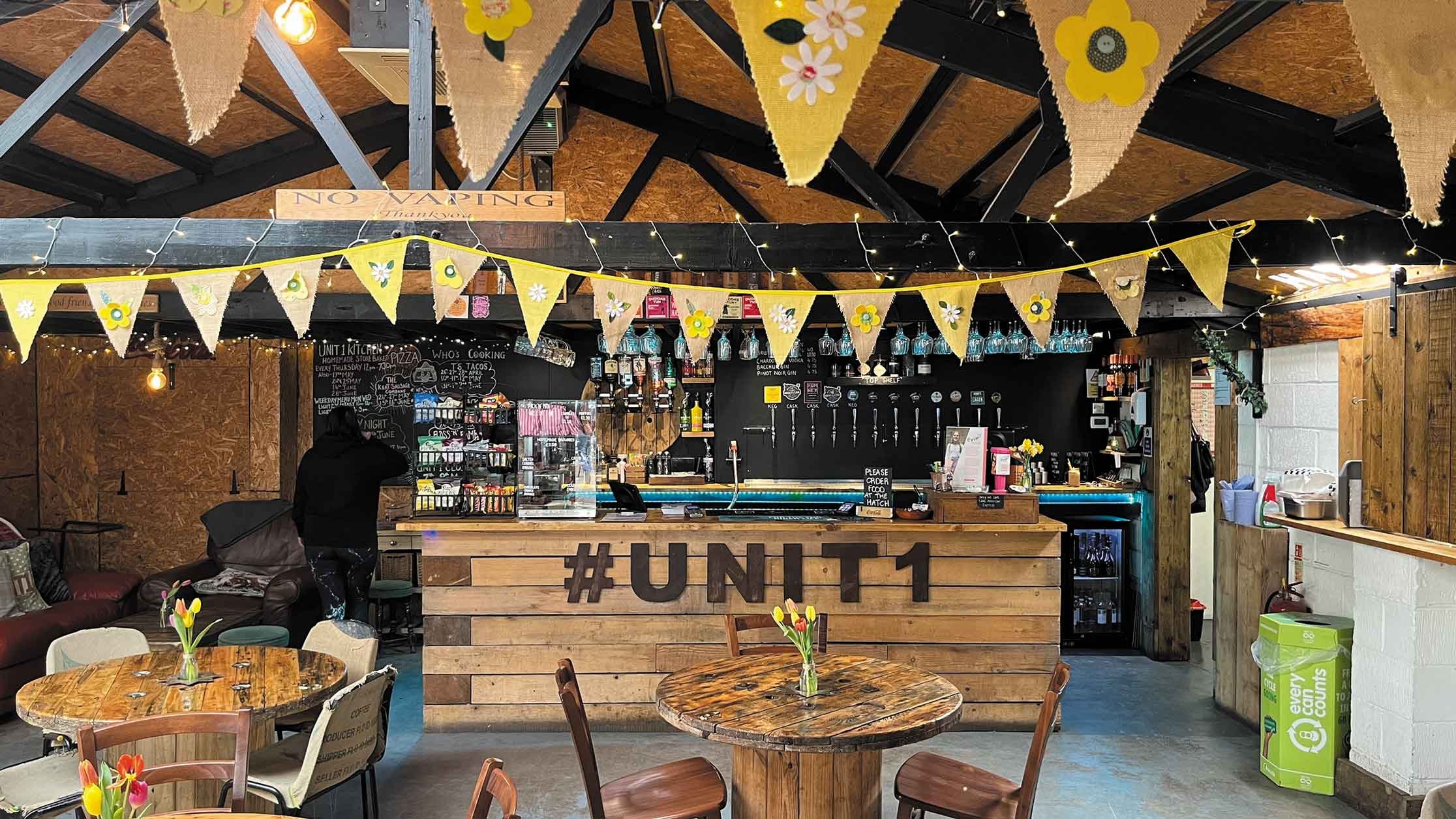OPINION- THE NECTARY - NATURAL BORN SWILLERS
Continuing our wine series with The Nectary’s (@the.nectary) vino experts Verity and Kar, the team give you all the tools on spotting the difference between clean wine, organic wine and vegan wine
In the age of climate change, we are urged to do our part and swap our current habits to something more eco-friendly.
We’re encouraged to switch to electric cars, eat plant-based diets and avoid fast fashion, but what can we do when it comes to wine?
We might not consciously think about it, but the way we consume wine – much like food – definitely impacts our environment. Mass production and irresponsible grape-farming can damage soil and wildlife, so it’s important to know how wine is produced. We don’t claim to be eco-experts, but we try our best to make green choices and hope that by shedding some light on sustainable wine practices, we can all shop smarter and make the world a little greener, one sip at a time.
Sustainable Wine Dictionary – Knowing the Differences
Organic Wine
Organic wine is made from grapes that come from vineyards that don’t use chemical herbicides, fungicides or pesticides. They normally have ‘organic’ written on the label and there are organisations that certify wineries so you know it’s legit. That said, not all organic wines have a label on their bottle because it costs money to get certified and it might not be a selling point on which the winery wants to focus. Also, remember that, although the grapes might be organic, some producers still use additives and preservatives in their wine, so be sure to check the ingredients and do extra research if you’re unsure.
Why is it a green choice? There is plenty of scientific evidence indicating that chemical herbicides, fungicides and pesticides harm wildlife and our important pollinators as well as being damaging to our health. Save the bees y’all!
Biodynamic Wine
According to the Biodynamic Farming & Gardening Association, biodynamic farming is “a spiritual-ethical-ecological approach to agriculture, gardens, food production and nutrition,” but we like to call it “magical witchy wine”.
Biodynamic winemakers see their vineyards as a whole ecosystem and encourage biodiversity with other plant matter and wildlife, creating rich and fertile soil. That’s why you sometimes see roses planted near the vines or ducks waddling around. There are also various treatments used called ‘preparations’. Think of it like organic farming that uses herbs, astrology and the lunar calendar.
Why is it a green choice? Soil is one of our largest carbon trappers and we rely on it for food. Healthy soil supports a healthy ecosystem and good soil = good produce.
Natural wine
Natural wine AKA natty wine AKA low-intervention wine AKA lo-fi wine is not legally defined but rather a philosophy that winemakers follow. Most natural winemakers adhere to the following principles:
Organic or biodynamic farming as the minimum for grape-growing.
Hand-harvesting only. This means the grapes are picked by hand. This is laborious but, compared with machine-harvest, which picks up everything in the vineyard like frogs, mouldy grapes and leaves, only the healthiest grapes are used.
Use native yeasts found in the vineyard/winery, instead of using cultured yeast made in a lab
Allow for spontaneous fermentation; allow nature to do the work or ‘magic’.
No to low additional sulphur dioxide (a preservative) added to the bottle. In small amounts, sulphur dioxide is harmless, but in large quantities it has harmful effects on the lungs. Some people are also allergic to it.
Why is it a green choice? It’s wine in its rawest form and because winemakers cannot rely on chemicals to correct any mistakes, they must have a healthy vineyard environment to produce high-quality grapes and therefore high-quality wine. This is hard to achieve on a large scale, so natural wine is often made in small batches for limited consumption. Less is more.
‘Clean’ Wine
Wellness marketing has snuck its way into the wine world with the promise of a clean and healthy alternative to your regular vino and, honestly, it’s complete nonsense. Despite what Cameron Diaz might claim, clean wine is not healthier for you than normal wine and it’s unregulated. Any wine in moderation is safe, but let’s not pretend chugging a glass of clean wine is the same as your morning smoothie!
Why is it a green choice? As there are no guidelines for what falls into the clean wine category, we cannot guarantee it is a green choice. Do your research and be wary of greenwashing.
Vegan Wine
Surely all wine is vegan since it’s made from grapes?! Unfortunately, not all wine is free from animal bits and bobs. Sorry, vegans! After fermentation, wine is a hazy liquid made up of lots of grape particles and many winemakers choose to filter these particles through a process called fining. Some common fining agents are gelatin (from animal bones), isinglass (a fancy word for dried fish-bladder) and egg whites. The best way to check if your wine is vegan is to look for the certified vegan label on the bottle; this means an alternative fining agent was used, like clay, silica or carbon.
Why is it a green choice? Less demand for animal products means a reduction in animal farming, which currently uses 70% of all agricultural land and is a big contributing factor to greenhouse gases. So, like plant-based diets, vegan wines can have a positive effect on our environment.
What can you do to be greener when it comes to wine?
Shop local
One easy step to live greener is to shop local and organic. Wine is imported and exported all over the world, which creates huge amounts of CO2 and ups your carbon footprint. Fortunately, there are lots of organic wineries in the UK from which to choose – here are a few where you can shop locally:
Westwell Wines: An organic, minimal-chemical intervention winery championing biodiversity in the Garden of England. Based by the Pilgrims Way, Westwell has a large range of sustainably-made wines.
Davenport Vineyards: Since 2000, Will Davenport has been creating minimal-intervention, organic wine and spearheaded the English natural wine movement. You’ve probably seen Davenport’s Pet Nat everywhere.
Tillingham: Based in Rye, East Sussex, Tillingham is a relatively new and progressive winery that uses biodynamic farming and natural wine practices. Sustainability and innovation are at the heart of what it does. Its wine portfolio showcases a range of different styles and winemaking techniques. Book a visit and enjoy the seasonal food and wine here.
Offbeat Wines: An exciting low-intervention winery operating out of Dorset. Marine biologists turned winemakers, Dan and Nicola Ham source their grapes from local organic farmers and focus on small-batch production, making only 2,000 bottles of each release. We love their wine labels!
Oxney Estate: For years, people didn’t think organic farming was possible in the UK. Oxney Estate in Rye, East Sussex, set out to change that narrative. Try the still and sparkling wines with a tour for two.
2. Buy canned wine
Glass is a great recyclable material, but it’s heavy, so shipping glass wine bottles uses tonnes of fuel. Aluminium cans are lighter and produce 50% less carbon than glass bottles and create less waste.
The days of canned wine being associated with low quality – and, if we’re honest, barely drinkable – are gone. We are seeing lots of innovative canned-wine businesses popping up in the UK. While there are increasingly more options for you to grab-and-go at your local supermarket, many of the smaller brands are primarily online and direct-to-consumer. Here are a couple you should check out:
Vinca: After seeing the first-hand effects of climate change on grape-growing, the Vinca team decided to be a part of positive change. They now offer their organic wine in cans made from more than 70% recycled aluminium and they offset all their shipping by planting trees. Even the labels are made from recycled paper!
Canned Wine Co: This Bath-based business only sources its wine from small independent winemakers that use organic and sustainable practices. It also focuses on lesser-known grape varieties like St Laurent and Verdejo. Each release is limited and from a single vintage (year), meaning it varies annually, as all seasonal and naturally-made products should.












